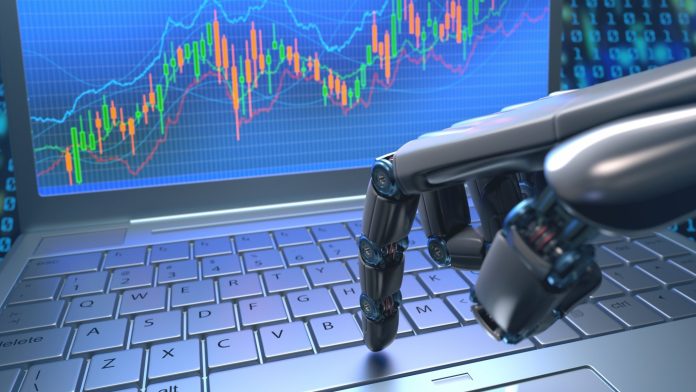Automation has long been utilized to streamline procedures in the financial services and payments industries.
Such legacy tools and intelligent solutions are now getting exponentially smarter as advances in artificial intelligence (AI) enable all of the technologies that fall under its umbrella to do more with less.
“We are absolutely surrounded by AI in our daily lives,” said Michael Haney, head of Cyberbank Digital Core at Technisys’ sister company, renowned FinTech platform Galileo.
“It may be traced back in some ways to the 1980s and the usage of business rules engines in the banking sector, where they were routinely included into workflow and case management programs.”
Later, he said, those business rules engines became far more complex.
“There’s an extension that some people lump under AI of a type of business process automation that we call robotic process automation that replaces or enhances what a human does by interacting with various systems and taking a lot of low-value tasks away from humans so they can focus on more value-add tasks,” Haney explained. “These robots can operate 24 hours a day, seven days a week at a speed that neither you nor I can.”
Using Really Intelligent AI
One of the major historical issues with rules engines that today’s AI tools have addressed, according to Haney, is that machine learning solutions can now learn from and adapt to situations on their own by activating high dimensional data sets in what is known as “deep learning,” rather than requiring manual intervention when a process speed bump appears.
The capacity of AI to traverse across multiple data set “worlds” of pictures, sounds, text, and more is what distinguishes today’s AI systems as “intelligent.”
Talking about Galileo’s own conversational AI engine, Cyberbank Konecta, Haney said that it’s been a “fascinating evolution” from the early days of chatbots, which tended to follow more binary “press 1 or press 2” pathways.












